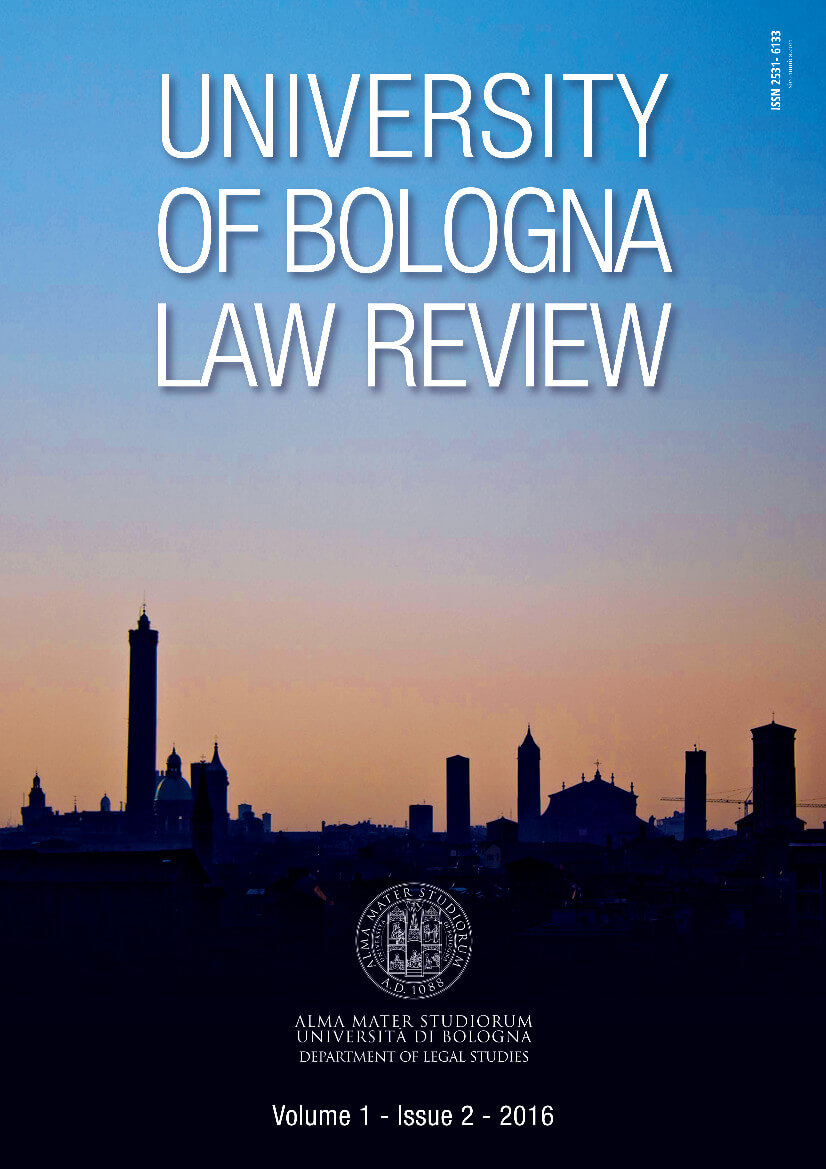A Contract Among States: Capturing Income of the World's Multijurisdictional Taxpayers
DOI:
https://doi.org/10.6092/issn.2531-6133/6455Keywords:
Multistate Tax Compact, Multi-Jurisdictional Tax, Apportionment, Compact Clause, State TaxAbstract
Systems for managing multiple taxing jurisdictions in a larger group are working to keep up with the evolution of the modern multijurisdictional taxpayer. Recent decisions from the high courts of several states have brought attention to a meaningful tension in the goals of the Multistate Tax Compact, an agreement between states. Though the federal government has ruled that no congressional approval is necessary based on the Compact Clause of the U.S. Constitution, this agreement between states has taken its place as an important accord among the vast majority of jurisdictions. Having operated as the most effective solution to the problems identified by Congress in the 1960’s Willis Report, the Compact simultaneously disavows its binding authority and relies on the reliance of States on it to meet its goal of promoting uniformity in state tax administration. With billions of dollars of much needed tax revenue at issue, this article seeks to examine the intricacies of the legal principles applied to this contract among states while understanding its role in the modern economy, both within the United States and beyond.
Downloads
Downloads
Published
How to Cite
Issue
Section
License
Copyright (c) 2016 Natasha Varyani
The copyright of all the manuscripts on this journal belongs to the respective authors.
This journal is licensed under a Creative Commons Attribution 4.0 International License (full legal code).
See also our Open Access Policy.









